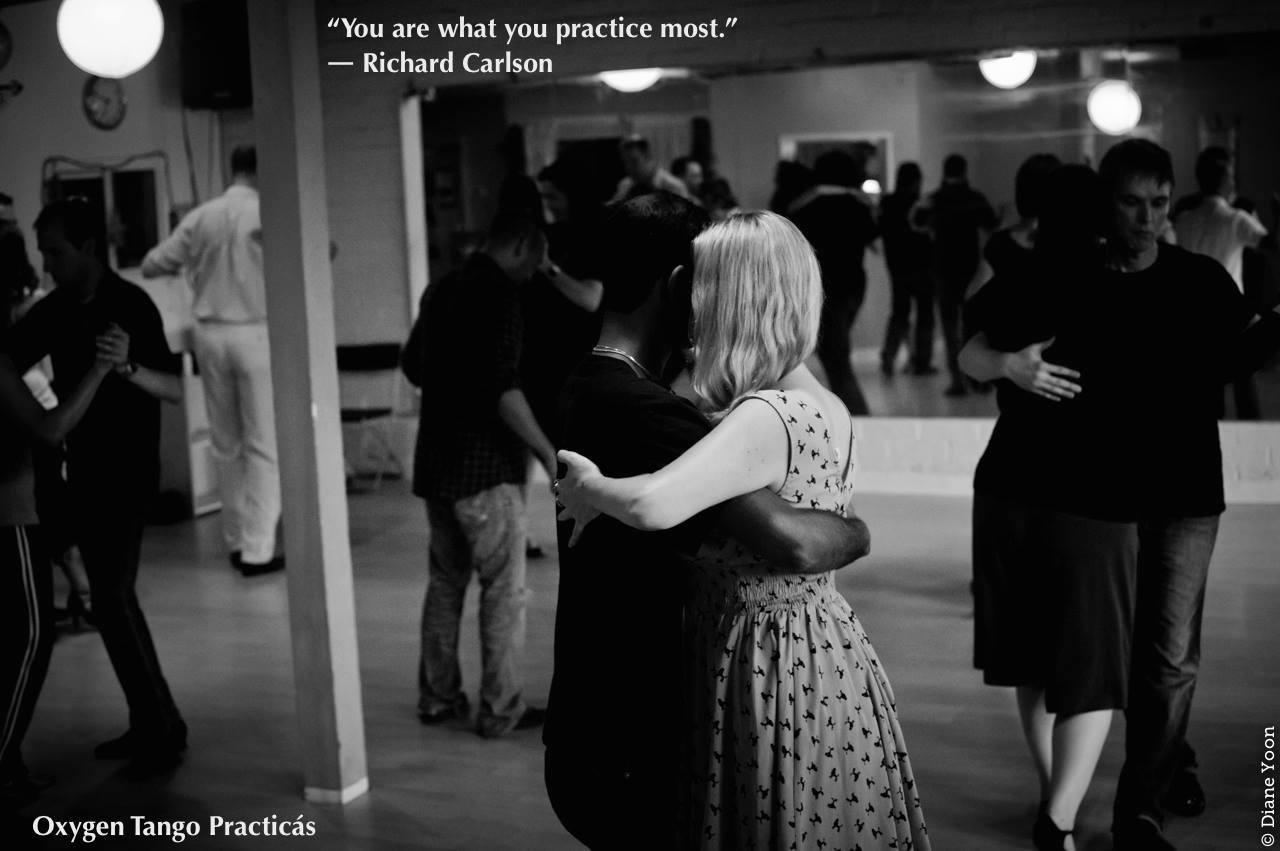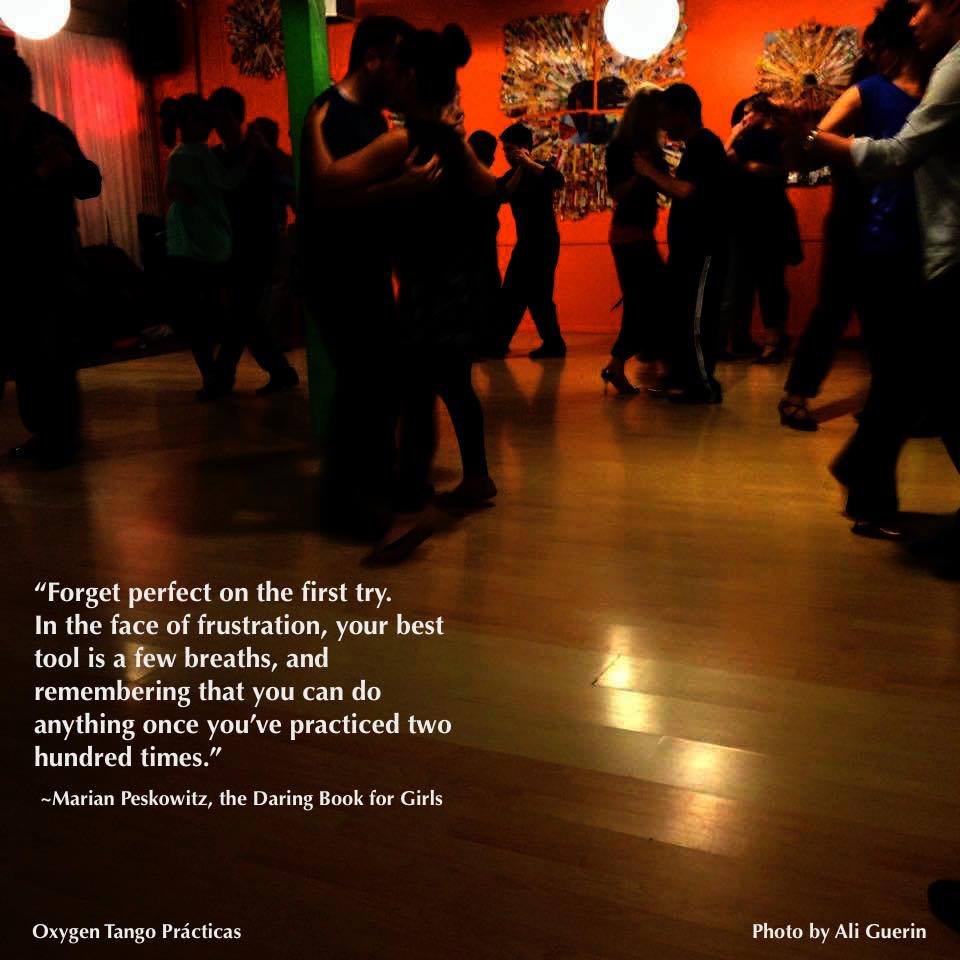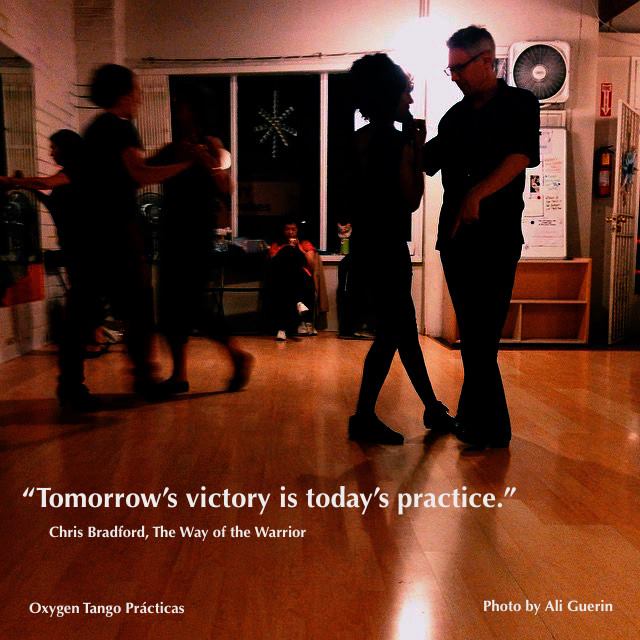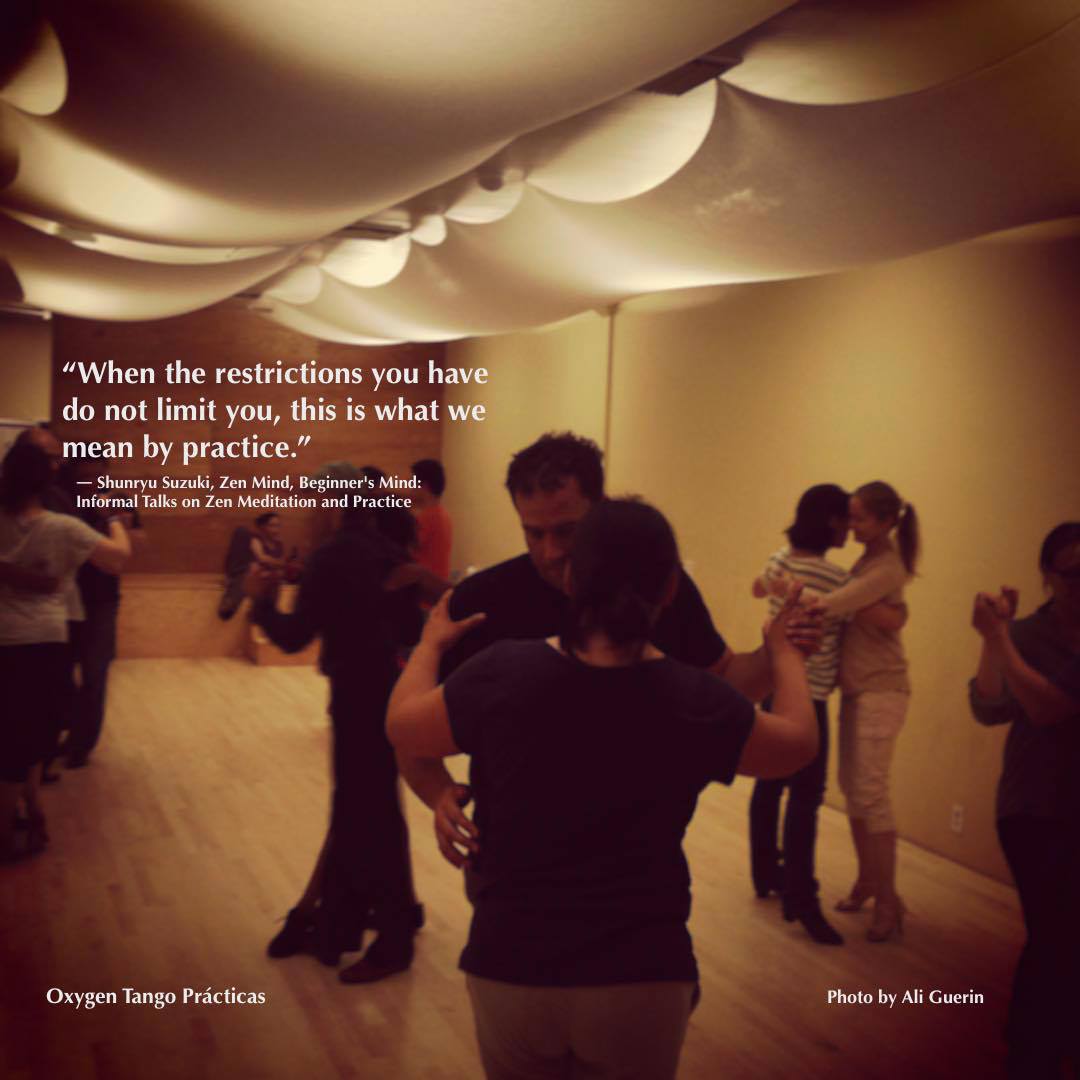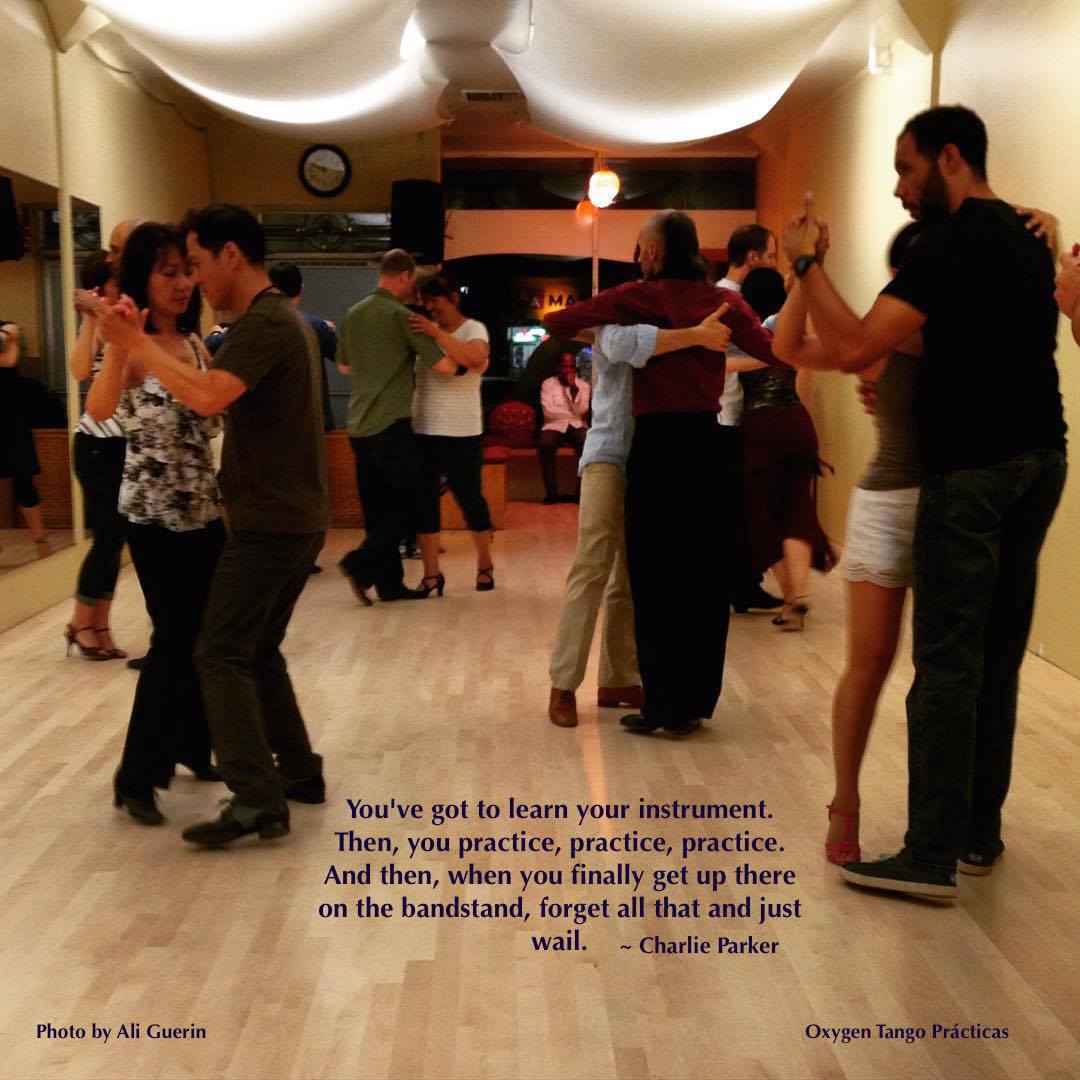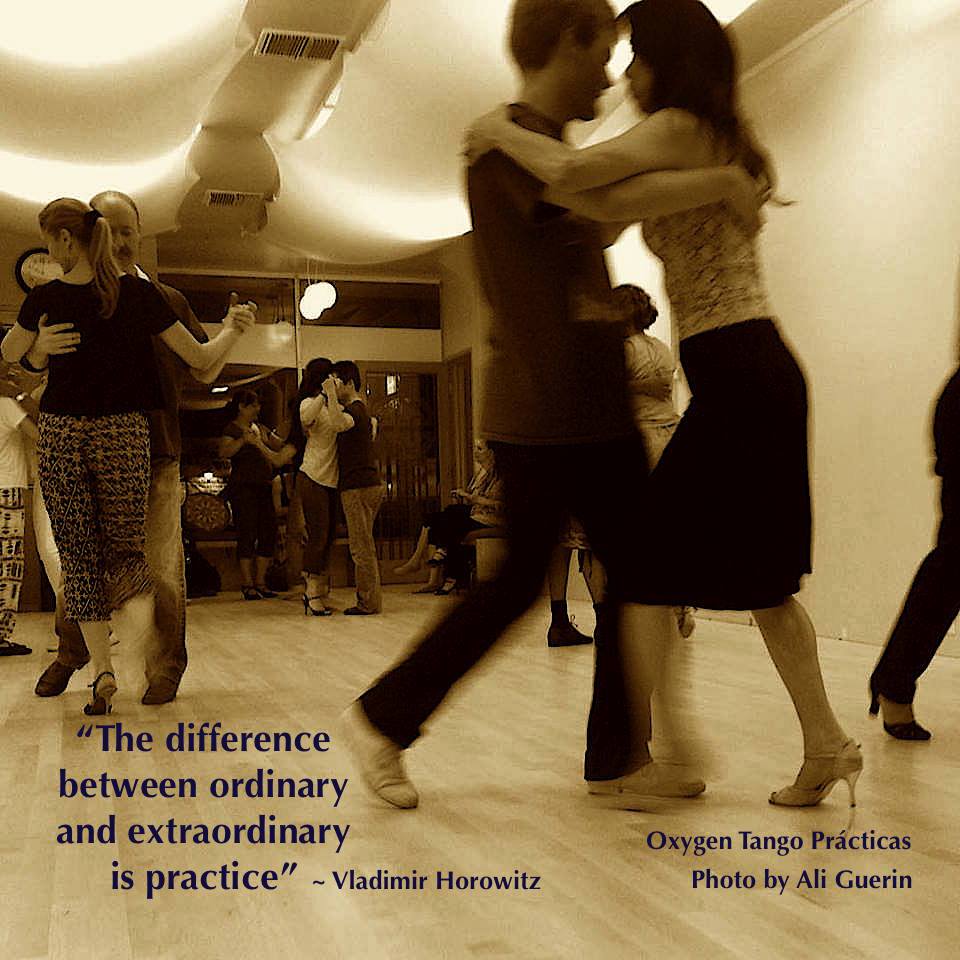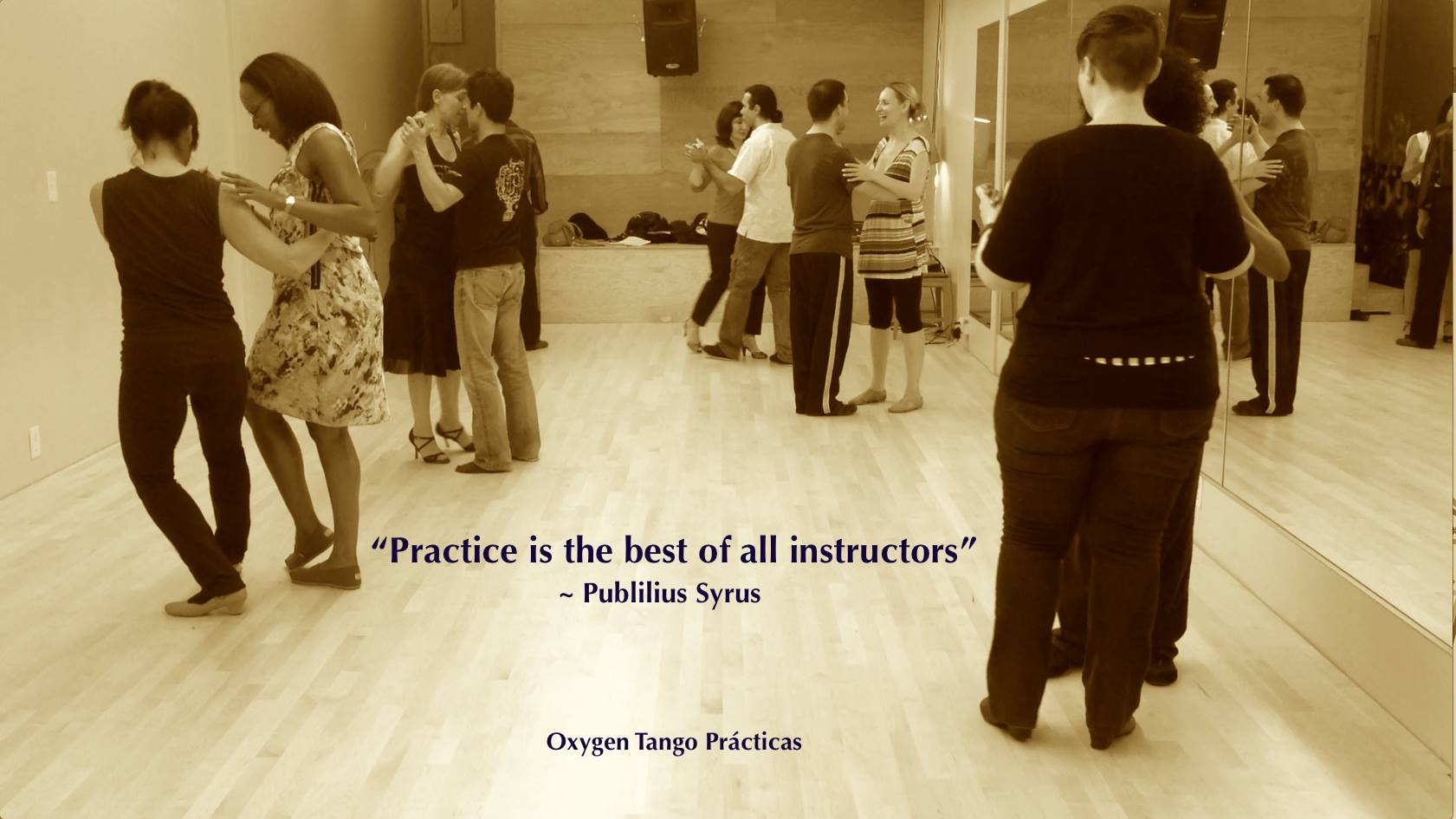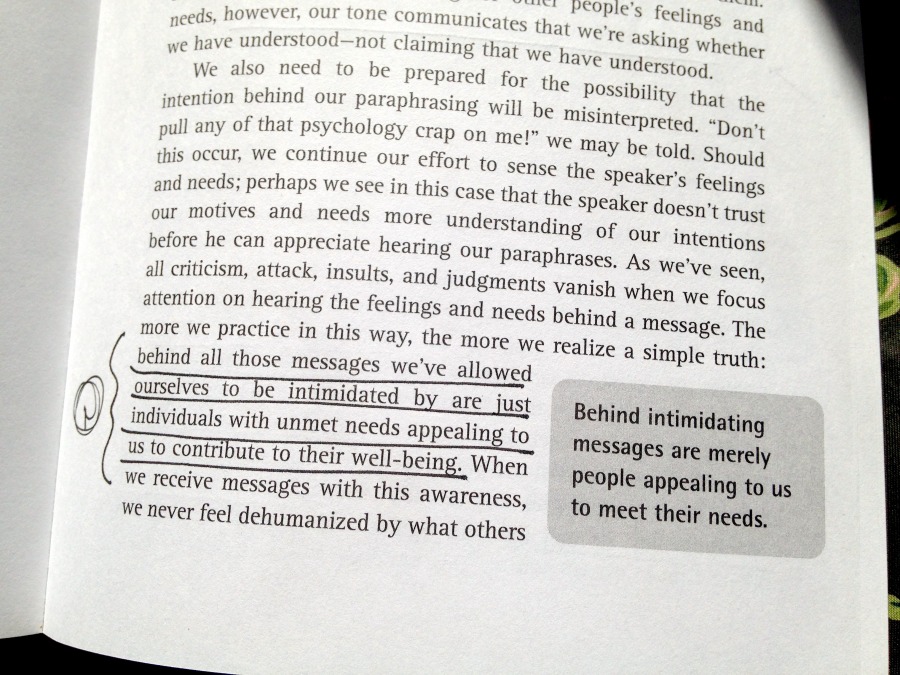A Year Is Too Short: How A Long Term View Supports Tango
/"If something is boring after two minutes, try it for four. If still boring, then eight. Then sixteen. Then thirty-two. Eventually one discovers that it is not boring at all." -John Cage
Practica slideshow featuring Tango community members, curated by Shane Crosby
In Tango-time, things grow slowly.
Sure, there’s the occasional surprise tanda of delight with a total stranger. But mostly, things grow very very slowly in Tango time.
Friendships - they grow slowly.
Partnerships - they grow slowly.
My own skill - it grows slowly.
Community - grows slowly.
You keep committing, sincerely, to your practice. To becoming a dancer who can seed joy. Nothing changes, forever. Then finally, you are suddenly somewhere new.
Watch for Your Tourist Tendencies
In a fast-high-achieving-hyperworld, it can be very weird and frustrating to be in a place where things grow slowly.
Especially when you can see - or you think you can see - where you wanna get to. You figure there’s got to be a quicker way. Maybe if you go someplace else, do something else, move to Buenos Aires or somewhere.
I don’t think there is. See, in Tango-time, things grow slowly. No matter where you are or who you are with.
When people don’t understand how Tango really works, they usually look at it through the question: “What can I get out of this? How can I get more?”
This focus distorts the energy around you, and makes you weird at events, slightly restless, careless, demanding, flitty. (And I’ve been here - a lot! Still struggle with it.)
Being a community-tourist, skipping around from one knot of humans to another to get as much as you can without committing anything, is something we all have to deal with. But is it a high quality model to build our lives on? At some point, it loses its charm. At best. At worst, it can become a bit toxic.
The Bravery of Commitment
It can feel so good to finally not rush. To just realize that the quality of the relationships you are building is way more important than getting what you think you want right now. How do you build a friendship? Can you do it in less than a year?
Familiarity unlocks trust, and friendship, and creativity. Those things unlock great dancing. That’s how it goes.
There is something so incredibly powerful about choosing a long term view of community, in a world where we are used to everything being disposable and temporary, including our connections with others.
I am thrilled to be part of a committed community. Among practitioners who are brave and willing to say: YES, I will be part of this thing for at least one summer, one fall, one winter, and one spring. I’ll be here through more hard times and the times when I doubt myself and the people around me too. Beyond simply consuming Tango, I’ll take responsibility for creating and expanding Tango’s joy. I invite you to be part of this.
CHALLENGE
You are thinking of giving up on a certain person, place, event, activity. Is there a difficult conversation you think you will avoid by withdrawing? What if you decided to have that conversation, instead?
P.S., For those of you who like the idea of a slow, steady, deliberate, persistent, no-drama approach to learning in Tango, at Oxygen we offer a unique, flexible, long-term-oriented course, which is up one full year of dedicated coaching along with rich resources, opportunities, and room for your ideas.

